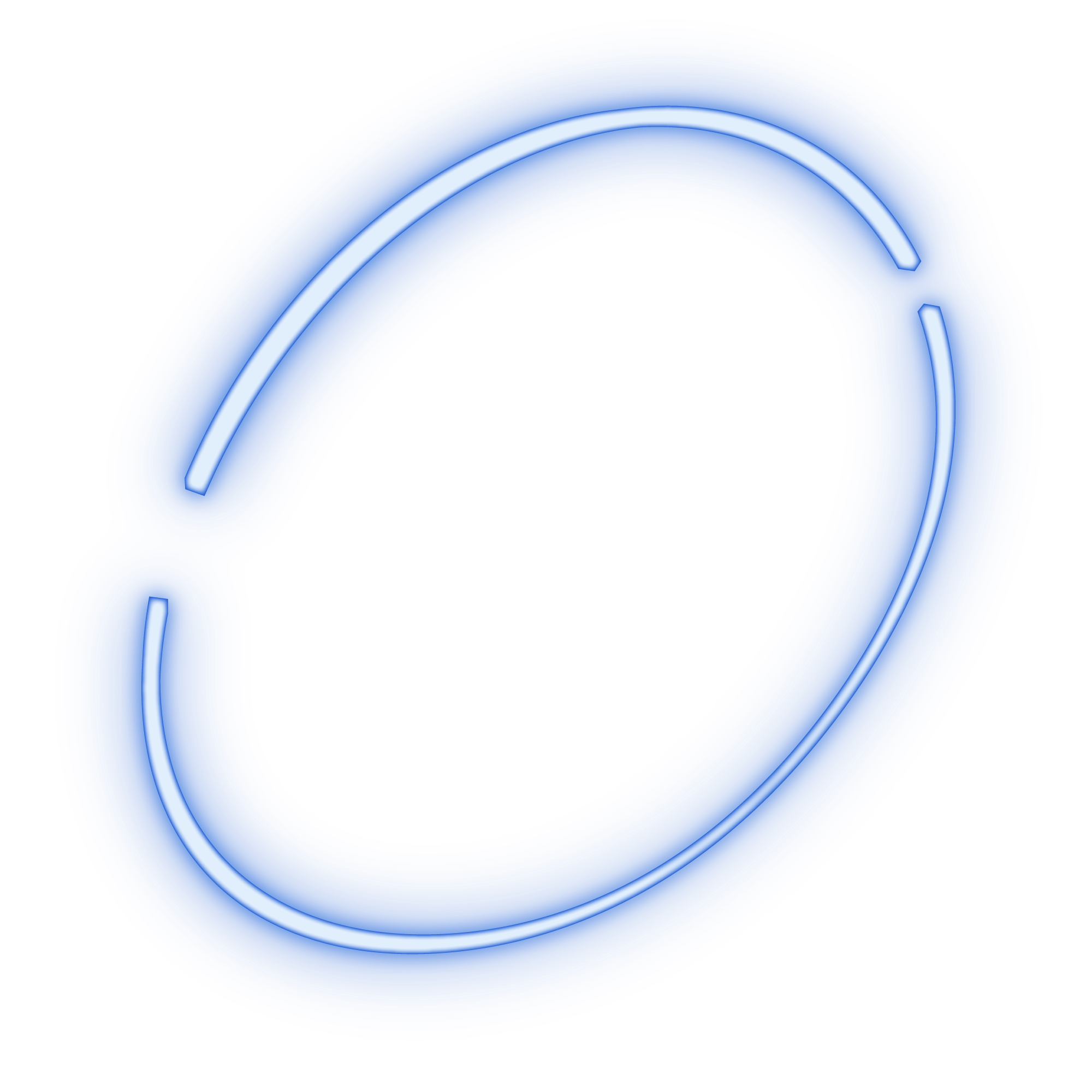When an industry becomes more competitive, job applicants need to possess additional skills that help them to start smoothly at work and to be distinguished from candidates with similar qualifications [1]. These additional skills are so called soft skills.According to Collins dictionary, soft skills are desirable qualities for certain forms of employment that do not depend on the acquired knowledge. These include “time management”, “communication skills”, “public speaking”, etc. From employer's perspective, it is much harder, though possible, to teach an applicant soft skills, since these are coupled with personality and might require additional expensive coaching. Hard skills can be taught more easily by the colleagues and can be improved with work experience. The differences between those two types of skills are well explained here. Thus, finding a candidate whose soft skills match the requirements is of high importance for the employer. Leveraging AI in recruitment can drastically decrease the cost of human labour involved in the recruitment process. An AI recruitment system requires that the process of resume and profile screening is automated, especially in companies with thousands of employees. The ideal AI-recruiter should be able to automatically extract all the information that is relevant for the employer and provide the output in a structured format. Particularly, with respect to skills, it would extract the list of hard and soft skills found. This way, decision-making process is more transparent as the system provides a basis for filtering the candidates, rather than acting as a black-box. Ideal candidate might be not the ideal hire, meaning that sometimes good looking candidate resume does not always lead to good employee. That is why decision-making process should be still controlled by the domain expertise.At the moment much of recruiting is made by looking for certain keywords. The crucial difference between a key-based search, e.g. from LinkedIn, and an AI-recruiter would be the AI's ability to work with a free-text form and understand its semantics. In other words, when given a resume or recommendation letter in a free-text form, the AI-recruiter should output not only skills from the predefined vocabulary, but also new skills expressed in a different way. This way a recruiter may search in the pool of resumes for candidates meeting specific skill requirements or choose from the constantly updated skill list.Skill extraction requires using Natural Language Processing to deal with a word sense disambiguation and term extraction. Besides, the same technique could be applied to job postings to automatically obtain skill requirements to search for from the resumes. Below I listed a few ways an AI-recruiter can overcome some of the challenges in the skill matching process.
Self-assessment might not meet the reality
In a well-known scenario a job applicant might overestimate or, on the opposite, underestimate some skills mentioned in the resume. To obtain additional reliability, the AI-recruiter could employ the information from recommendation letters, written by other people, in addition to the resume. Besides that, using various distance metrics, AI-recruiter could estimate the degree of uniqueness of a given resume. This way, the AI system can raise a notification when the resume is written using very widespread and typical phrases without unique content. It is much easier for a Machine Learning system than for a human to estimate content uniqueness or search the most similar resumes from a large pool of resumes.
Buzz words
The critics might say that some people tend to use “buzz words”, while describing their key soft skills. “Buzz words” are overused and might not provide a realistic picture, e.g. “passionate”, “focused”, “creative” skills. An ideal AI system would rate the soft skill importance with respect to various job categories and be able to decrease the importance of those buzz words based on their usage statistics.
The difficulty of soft skill matching
Despite huge work being done with respect to categorization of hard skills, e.g. in LinkedIn [2], there has been significantly less emphasis on soft skills. To enable the detection, there should be an initial list of soft skill phrases and ways to match those ones reliably from the resumes. I will make an overview of my recent work in soft skill detection [4] in the next blog post. The basic idea behind this work is being able to detect only phrases that describe the candidate and his skills. For example, we would not like to match the word “tolerant” from the phrase “fault tolerant systems” since it does not describe the candidate. To solve this problem, the system would need to perform a classification task to make a decision whether a skill in the matched context indeed describes the candidate.
Parsing resumes given in pdf format
This provides an additional challenge of getting the textual data from a pdf format taking into account unlimited variety of templates people use. The data in pdf file might be structured and special software is needed for parsing those files. It is much easier to work with original pdfs, rather than scanned versions, for which an Optical Character Recognition system should be used.
Inferring personal skills from experience
People often tend to describe their previous work experience in terms of duties and tasks they performed. This is an indirect way of expressing the skills they acquired, roles they performed and the level of responsibility they had. Being able to map work experience to skills could potentially give more reliable estimate of candidate skills. An AI-recruiter could acquire information on the candidate's work experience as well acquired from occupation-specific platforms, like github, which shows the projects its users contribute to and their coding-related activities.This blog post is part of a series of blog post I will write based on my research work. In the next article, I will give an overview on how to automatically match soft skills from resumes and job descriptions. For those interested in reading more on the topic, please get familiar with the following publications:
- Schulz, Bernd. The importance of soft skills: Education beyond academic knowledge https://www.researchgate.net/publication/41936500_The_importance_of_soft_skills_Education_beyond_academic_knowledge
- Bastian, Mathieu et al. LinkedIn Skills: Large-Scale Topic Extraction and Inference. https://dl.acm.org/citation.cfm?id=2645729&dl=ACM&coll=DL
- Luiza Sayfullina, Eric Malmi, Yiping Liao: Domain adaptation for resume classification using convolutional neural networks: https://link.springer.com/chapter/10.1007/978-3-319-73013-4_8
- Luiza Sayfullina, Eric Malmi and Juho Kannala: Learning Representations for Soft Skill Matching https://arxiv.org/pdf/1807.07741.pdf
Want to build a next generation AI recruitment system for your company? Get in touch with us at info@silo-ai.hel5.wp-cloud.dev.
About
Join the 5000+ subscribers who read the Silo AI monthly newsletter to be among the first to hear about the latest insights, articles, podcast episodes, webinars, and more.



.png)
.png)
